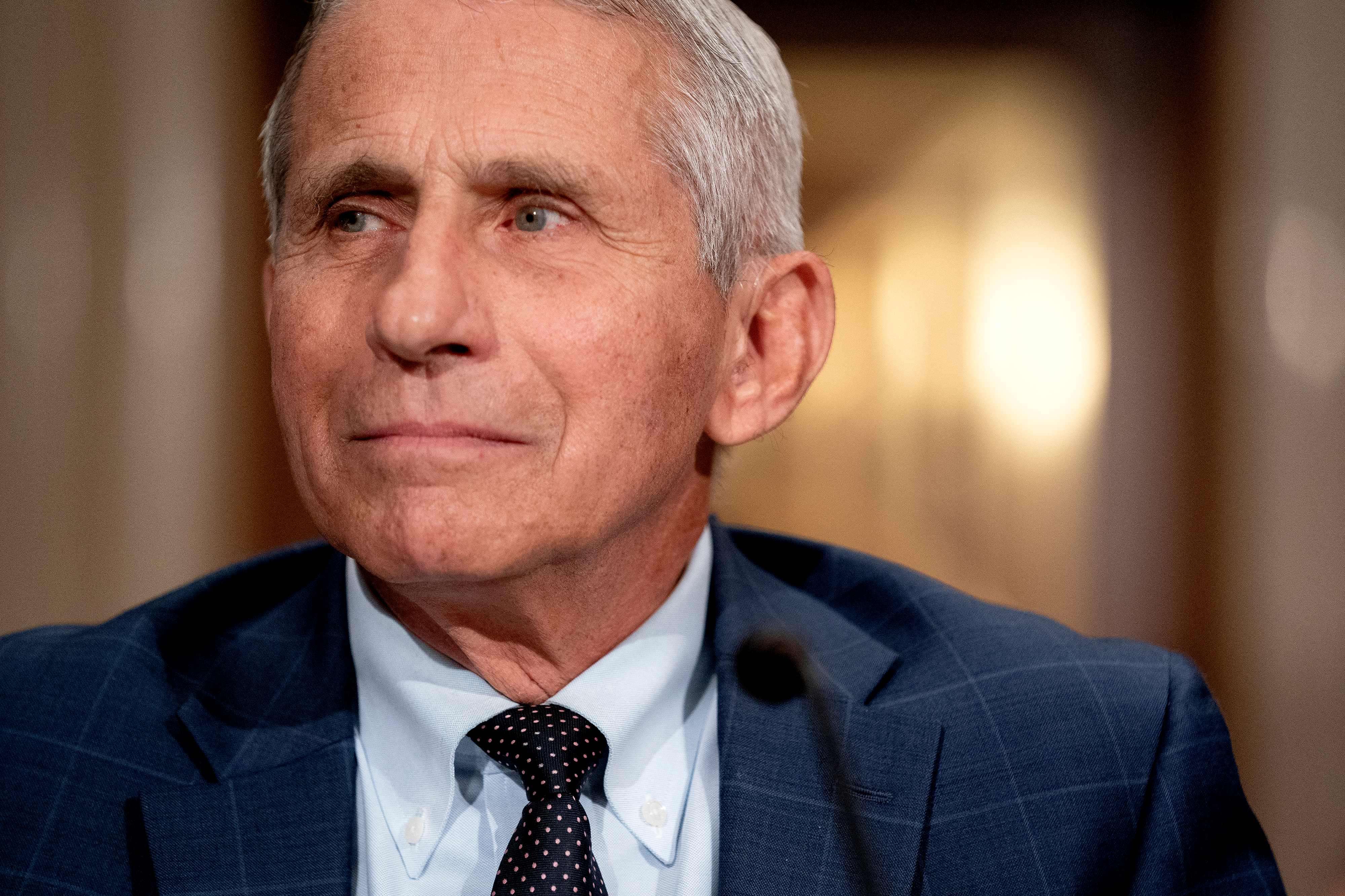Omicron’s ‘grandchildren’ could dominate Covid cases this winter, experts warn
According to latest figures one in 35 people in England now have the virus
Your support helps us to tell the story
From reproductive rights to climate change to Big Tech, The Independent is on the ground when the story is developing. Whether it's investigating the financials of Elon Musk's pro-Trump PAC or producing our latest documentary, 'The A Word', which shines a light on the American women fighting for reproductive rights, we know how important it is to parse out the facts from the messaging.
At such a critical moment in US history, we need reporters on the ground. Your donation allows us to keep sending journalists to speak to both sides of the story.
The Independent is trusted by Americans across the entire political spectrum. And unlike many other quality news outlets, we choose not to lock Americans out of our reporting and analysis with paywalls. We believe quality journalism should be available to everyone, paid for by those who can afford it.
Your support makes all the difference.Subvariants of the Omicron Covid strain could dominate cases this winter, experts have warned.
Multiple subvariants of the highly transmissible strain, which experts have dubbed Omicron’s “grandchildren” will likely cause a rise in cases this winter taking over from the current leading subvariant, BA.5, which led the UK’s fifth wave in the summer.
One in 35 people in England now have the virus according to the latest figures, marking the fourth consecutive increase in the region.
The rise means the total number of people in private households in the UK testing positive for coronavirus stood at 1.7 million in the week to 3 October, up 31 per cent from 1.3 million in the previous week.
In England, the estimated number of people testing positive was 1,513,700, equating to 2.78 per cent of the population.
In Scotland, the trend was uncertain, according to the Office for National Statistics, but the estimated number of people testing positive for Covid-19 was 109,700, equating to 2.08 per cent of the population, or around 1 in 50 people.
Public health experts were hoping cases were heading toward a decline, as per the daily updated Covid ZOE app figures that logs symptoms and cases across the UK.
However, the presence of immune evasive subvariants is raising concern about whether cases could rise further.

“The worry at the moment is even though according to recent data things look like they’re stabilising, we’re concerned that there’s going to be an autumn/winter wave that comprises of some of these other subvariants,” virologist Professor Lawrence Young told The Independent.
“While BA.5 is still dominating we’re seeing in other countries a rise in these other variants – a brew of Omicron subvariants.
“We're seeing quite a significant scent of subvariant BQ.1 in Europe, America and the UK. You have these grandchildren of Omicron and I think what’s going to happen is there isn’t one dominant strain of Covid as we’ve experienced in the past, it seems there’s this concoction or brew of a number of Omicron-derived subvariants.”
The warning comes as American health officials grow concerned about the presence of BQ.1 and BQ.1.1 which are spreading and now account for 11 per cent of cases nationwide with a possibility of being the dominant strain in the US within the next month.
White House chief medical officer Anthony Fauci warned of the dangers if the new subvariants are able to evade immunity provided by the vaccine.
“If you have a variant that does not respond or isn’t sensitive to one of the most important tools that we have, that’s very concerning,” he said.

Professor Azeem Majeed, head of public health at Imperial College London said although the UK is seeing cases of new immune-evasive subvariant BQ.1 and BQ.1.1, it may be too early to say whether this will overtake the “highly infectious” BA.5.
“Covid-19 remains a threat to the UK even though it has dropped down the news agenda,” Professor Majeed told The Independent.
He added: “We have though, coped with higher infection rates than this earlier in the year. For now, vaccines continue to protect well against the risk of serious illness, hospitalisation and death. It’s essential that people are fully vaccinated and take up the offer of a booster if they are eligible.
“Vaccination is particularly important for older people and the clinically vulnerable because they are at greatest risk from Covid-19.”
Experts have warned that in weeks to come health officials will be watching the increase in Covid-related hospitalisations as this could place unbearable pressure on the NHS if vulnerable people become seriously ill with the virus.
But Professor Young added that the UK’s reduced testing regime could leave officials ill-equipped to confront oncoming issues.
“We don’t have the testing and surveillance regimes we were running previously. People who are having PCR tests are being sequenced which is giving us the information but I worry it might not be representative enough for what’s going on,” he said.




Join our commenting forum
Join thought-provoking conversations, follow other Independent readers and see their replies
Comments